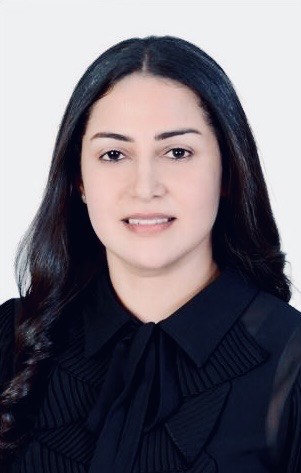Invited Speaker

Prof. Sarra Kitanou
Ibn Tofail University, Laboratory of Advanced Materials and Process Engineering, National High School of Chemistry, MoroccoSpeech Title: Membrane Bioreactor for Domestic Wastewater Treatment: Energetic Assessment and Reuse
Abstract: Water recycling and reuse is an effective measure to solve the water stress problem. The sustainable use of water resource has become a national development strategy in Morocco. A key aspect of improving overall sustainability is the potential for direct wastewater effluent reuse. However, membrane bioreactors (MBR) have been identified as an attractive option for producing high quality and nutrient-rich effluents for municipal and domestic wastewater treatment. Currently, with the evolution of wastewater treatment projects in Morocco, the MBR process can be used as a technology treating different types of wastewater and to produce effluent with suitable quality for reuse. However, the energetic consumption of this process is a great concern, which can limit the development and implementation of this technology. In this investigation, the electric energy consumption of an ultrafiltration membrane bioreactor process in domestic wastewater treatment is evaluated and compared to some MBR installations based on literature review.
Energy requirements of the MBR are linked to operational parameters and reactor performance. The analysis of energy consumption shows that the biological aeration and membrane filtration are more energy consuming than the other components listed as feed and recirculation pumps. Biological aeration needs 53% of the overall energetic consumption and the specific energy consumption for membrane filtration is about 25%. However, aeration is a major energy consumer, often exceeding 50% share of total energy consumption. The best results obtained on the MBR system (pressure p = 1.15 bar), hydraulic retention time (15 h) showed removal efficiencies up to 90% in terms of organic compounds removal, 100% in terms of suspended solids presence and up to 80% reduction of total nitrogen and total phosphorus. The effluent from this MBR process could be considered as qualified for municipal reuse in Morocco, showing its potential application in the future.
